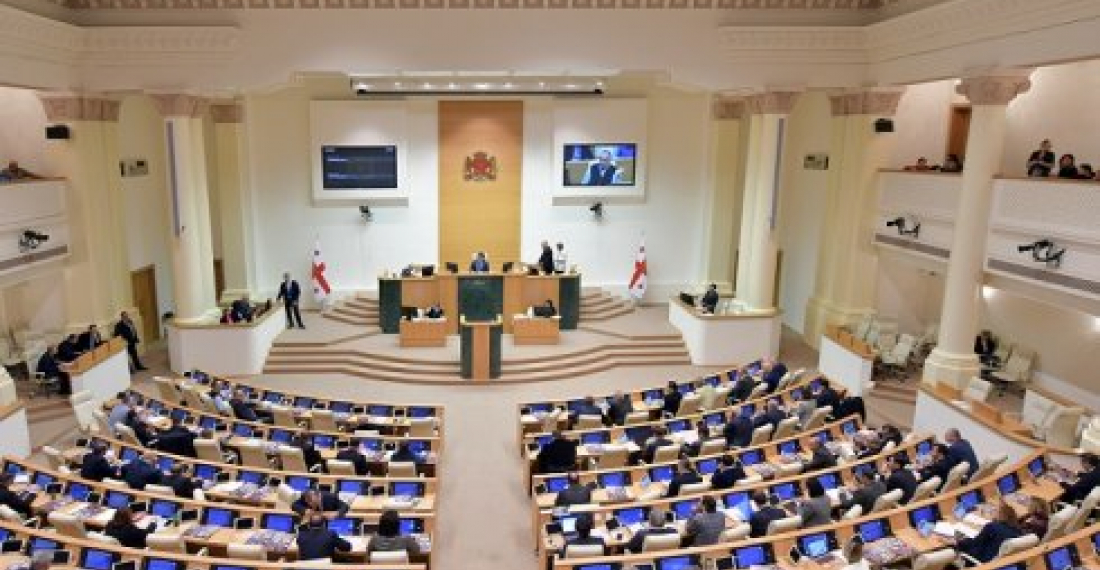Georgian politics were thrown in a mess on Thursday (14 November) when the Georgian parliament failed to approve a constitutional amendment that had cross party support, and had been widely welcomed by the international community.
Despite the opposition parties voting in favour of the amendment, it failed because dozens of MPs from the ruling Georgian Dream party abstained or voted against. The amendment provided for elections to the next parliament, scheduled for October 2020, to be held under a full proportional representation system, rather than the current mixed system which sees part of the parliament elected through a majoritarian system in single member constituencies. It was the MPS elected under this system in 2016 who defied their party leadership and blocked the amendment.
Opposition parties who strongly supported the amendement, and who see it as a concession that had been extracted from the government after street protests in the summer, immediately called for widespread national protests.
In a further twist, following the failure of the parliamentary vote, seven Georgian Dream MPs, essentially the front of house team that has been the main interphase between the party and the international community, resigned from the party in protest at the blockage of the vote. A number of other MPs have since joined them. Assuming the majoritarians continue to support the party, Georgian Dream still has a comfortable majority in parliament. But the shenanigans in the parliament quickly spilled over to the street, where the opposition has set up tents blocking traffic on the iconic Rustaveli Avenue. Some opposition figures have indicated that this issue at last gives them a justification for resorting to street action to bring down the government.
Commonspace.eu political editor said in a comment that "this political crisis is different from several others that occured in the last years. The fact that the leadership of Georgian Dream appears not to be in control of its parliamentary group; the resignation from the party of faces familiar to the international community, and the party's apparent lack of overall strategy, puts the government on the wrong foot. But more ominously, it seems the opposition has finally found a one cause around which to unite. That often bodes badly for incumbent Georgian governments. People are now waiting for Georgian Dream leader, Bidzina Ivanishvili, to pull a rabbit out of a hat - something he has done successfully in the past. But this time it may be more difficult".
source: commonspace.eu






